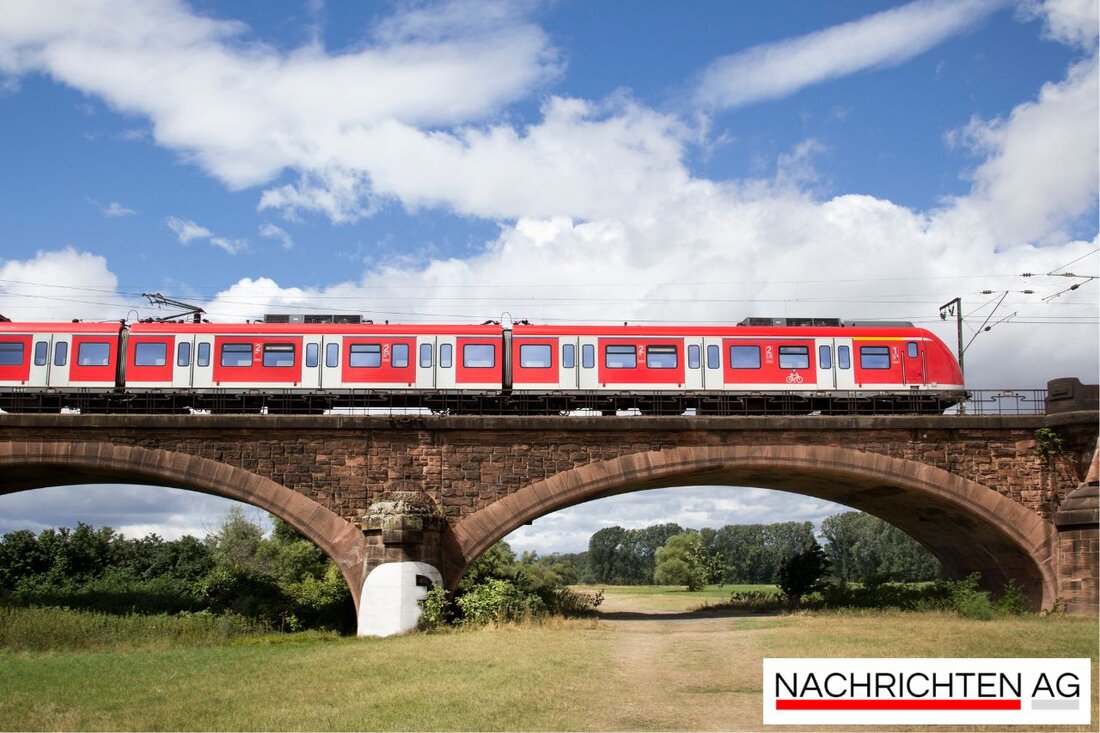Baltic Sea tourism in danger: This is how Mecklenburg-Western Pomerania is fighting for survival!
Western Pomerania-Rügen is facing challenges in tourism: a shortage of skilled workers, high costs and overloads will burden the region in 2025.

Baltic Sea tourism in danger: This is how Mecklenburg-Western Pomerania is fighting for survival!
The Baltic Sea is and remains one of the most popular travel destinations in Germany, especially in Mecklenburg-Western Pomerania. Millions of tourists come every year to enjoy the beauties of Rügen, Usedom and the Bay of Lübeck. But the boom also has its downsides. As moin.de reports, local businesses are faced with massive problems, even if the number of overnight stays remains stable.
A quick look at the current situation shows that the tourism industry is increasingly characterized by challenges. According to the IHK Nord tourism business survey, guests are booking more and more at short notice and are less likely to stay for a long time. At the same time, travelers’ spending is falling. Lars Schwarz, President of the German Hotel and Restaurant Association in Mecklenburg-Western Pomerania, speaks of a noticeable consumer reluctance. The lack of staff, high labor costs, rising energy prices and uncertain economic conditions are putting a considerable strain on the mood of providers.
The challenges of the region
Especially in Usedom and the Vorpommern-Greifswald district, the locals feel the effects of mass tourism directly. Congested roads, overcrowded trains and scarce parking spaces are the order of the day. Locals adapt their pace of life to avoid the tourist crowds - shopping often takes place outside of peak times, and doctor's appointments are extremely difficult to get in peak season. Nadine Förster has therefore founded a citizens' initiative in Göhren to represent the interests of the locals.
The shortage of skilled workers in the catering industry is another problem child. Many companies have to recruit trainees from abroad to meet their needs. Jörg Dahms from the NGG emphasizes that better pay is necessary in order to attract qualified specialists. At the same time, the decline in available living space is causing rental prices to rise. In Zinnowitz, for example, a two-room apartment now costs around 1,000 euros in basic rent. More and more locals are also choosing to move to neighboring Poland or to larger cities such as Wolgast or Anklam to escape the high cost of living.
A balancing act between tourism and quality of life
The increasing number of guests is leading to an increase in holiday apartments, which is further exacerbating the difficult housing situation for the population. Approvals for new holiday apartments are often granted against the will of the municipalities. In order to maintain the balance between tourism expansion and quality of life, new approaches are required in tourism law, as is the need for regulations to regulate the market. A bypass around Wolgast, scheduled to be completed in 2028, could help alleviate the traffic problems.
But the mood is not only tense in the region itself; geopolitical factors also contribute to the uncertainty. The future prospects remain subdued, even if 24% of companies expect the business situation to worsen. Political relief such as tax reforms are still a long way off. There is still no clear answer to the question of how tourism in Mecklenburg-Western Pomerania can be made sustainable.
Trends in tourism
At the same time, tourism is influenced by numerous trends. The focus on digitalization and sustainability is becoming increasingly important. According to Statista, a decline in air travel and cruises can be observed, while individual travel and the desire for environmentally friendly vacations are increasing. More than 60% of Germans intend to make their vacation socially responsible, and a growing number of travelers are making individual travel options such as solo travel a trend. At a time when social media and apps like Google Maps and Booking.com are influencing travel behavior, the industry appears to be moving in a new direction.
In addition, a growing awareness of ecological aspects can be observed. More and more travelers are attaching importance to sustainable options and environmentally friendly mobility. Despite the challenges, the fascination for the Baltic Sea continues to attract tourists from near and far - but how long can this balancing act between demand and overload be maintained? The local tourism sector is faced with the task of finding creative solutions to take into account both visitors and the quality of life of locals.

 Suche
Suche
 Mein Konto
Mein Konto